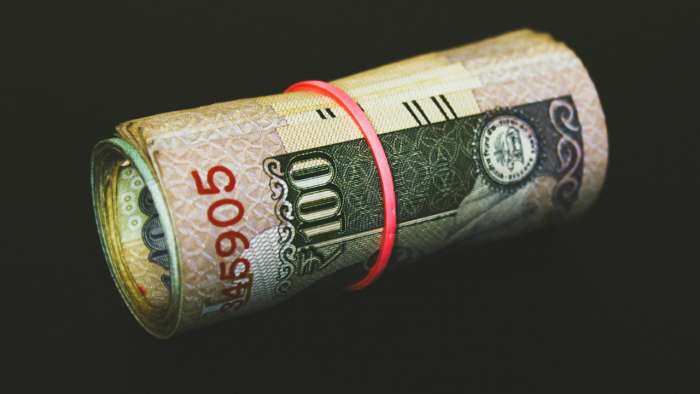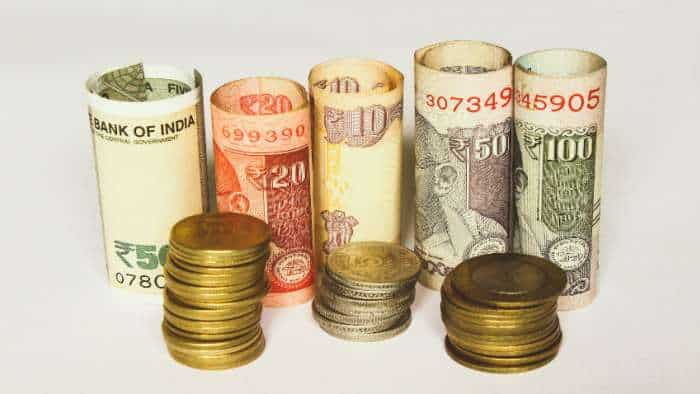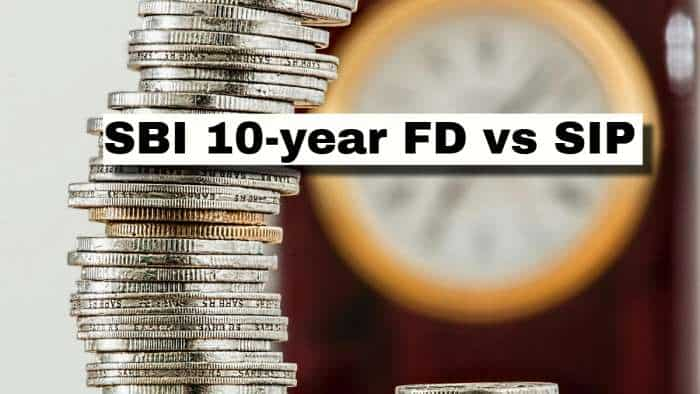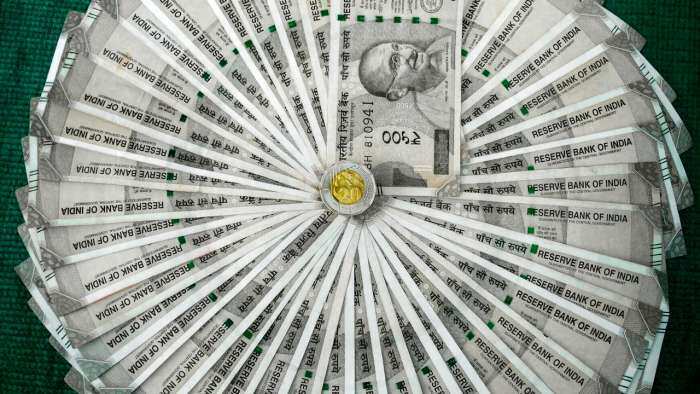How China's debt crackdown will hurt some emerging markets
If the government aims to stabilise its corporate debt ratio by 2022, Fitch said China`s annual economic growth rate could fall by 1 percentage point over the medium term while business investment growth would drop 5 percentage points per year.

China`s debt crackdown is a key risk to the country`s economic growth and will have significant knock-on effects for the global economy, particularly emerging markets with high commodity dependence or close Chinese trade links, Fitch Ratings said.
Beijing`s campaign to put a lid on debt could also lead to a sharp slowdown in business investment, Fitch said in a statement late on Sunday, forecasting that growth in the world`s second-biggest economy would slow to around 4.5 percent over the medium term.
If the government aims to stabilise its corporate debt ratio by 2022, Fitch said China`s annual economic growth rate could fall by 1 percentage point over the medium term while business investment growth would drop 5 percentage points per year.
In April, a Reuters poll of 72 institutions showed economists expected China`s economic growth to slow to 6.5 percent this year and 6.3 percent next year. Gross domestic product in 2017 expanded 6.9 percent in real terms and 11.2 percent in nominal terms.
Beijing is in the third year of a regulatory crackdown on riskier lending practices, which has slowly pushed up borrowing costs and is choking off alternative, murkier funding sources for companies such as shadow banking.
The ratio of Chinese corporate debt to GDP is already very high by international standards - at 168 percent in 2017 - and is expected to start rising again as nominal GDP growth declines towards 8 percent from an unusually high rate of more than 11 percent in 2017, Fitch said.
Net global commodity exporters would be affected through a decline in direct exports to China and weaker terms of trade, Fitch said in a separate statement. The rating agency`s model suggests a particularly strong impact on Chile while direct exposure is lower in Latin America`s other major economies that are generally less dependent on Chinese demand.
Exporters of energy products and metals, such as Zambia, could also be hurt as China`s role as a source of financing sub-Saharan Africa has increased considerably in recent years.
Fitch singled out Mongolia as the most vulnerable of Asia`s net commodity exporters as China accounts for all of its coal and iron ore exports.
A bigger impact on the global economy would result if the Chinese currency were to depreciate significantly in the slower growth scenario, Fitch said.
"It is hard to put a precise time frame on when China will start to see the deleveraging of the real economy, but at some point it looks inevitable," said Brian Coulton, chief economist at Fitch.
"The scenario analysis we have undertaken suggests that, when it does occur, it will be a process that will be a significant drag on growth."
Get Latest Business News, Stock Market Updates and Videos; Check your tax outgo through Income Tax Calculator and save money through our Personal Finance coverage. Check Business Breaking News Live on Zee Business Twitter and Facebook. Subscribe on YouTube.
RECOMMENDED STORIES

LIC Saral Pension Plan: How to get Rs 64,000 annual pension on Rs 10 lakh one-time investment in this annuity scheme that everyone is talking about

Rs 1,500 Monthly SIP for 20 Years vs Rs 15,000 Monthly SIP for 5 Years: Know which one can give you higher returns in long term

LIC Saral Pension Plan: How much should you invest one time to get Rs 64,000 annual pension for life?

Income Tax Calculations: What will be your tax liability if your salary is Rs 8.25 lakh, Rs 14.50 lakh, Rs 20.75 lakh, or Rs 26.10 lakh? See calculations

8th Pay Commission Pension Calculations: Can basic pension be more than Rs 2.75 lakh in new Pay Commission? See how it may be possible

SBI Revamped Gold Deposit Scheme: Do you keep your gold in bank locker? You can also earn interest on it through this SBI scheme
01:02 PM IST











 Anil Singhvi Market Strategy (February 28): Key Nifty 50 & Nifty Bank levels to track, stocks of the day & more
Anil Singhvi Market Strategy (February 28): Key Nifty 50 & Nifty Bank levels to track, stocks of the day & more Zensar Technologies, Havells India and 2 more: Brokerage sees up to 9% upside in these short-term stocks
Zensar Technologies, Havells India and 2 more: Brokerage sees up to 9% upside in these short-term stocks Anil Singhvi Market Strategy (February 27): Key Nifty 50 & Nifty Bank levels to track, stocks of the day & more
Anil Singhvi Market Strategy (February 27): Key Nifty 50 & Nifty Bank levels to track, stocks of the day & more Anil Singhvi Market Strategy (February 24): Key Nifty 50, Nifty Bank levels to track
Anil Singhvi Market Strategy (February 24): Key Nifty 50, Nifty Bank levels to track  Anil Singhvi Market Strategy (February 21): Key Nifty 50, Nifty Bank levels to track
Anil Singhvi Market Strategy (February 21): Key Nifty 50, Nifty Bank levels to track